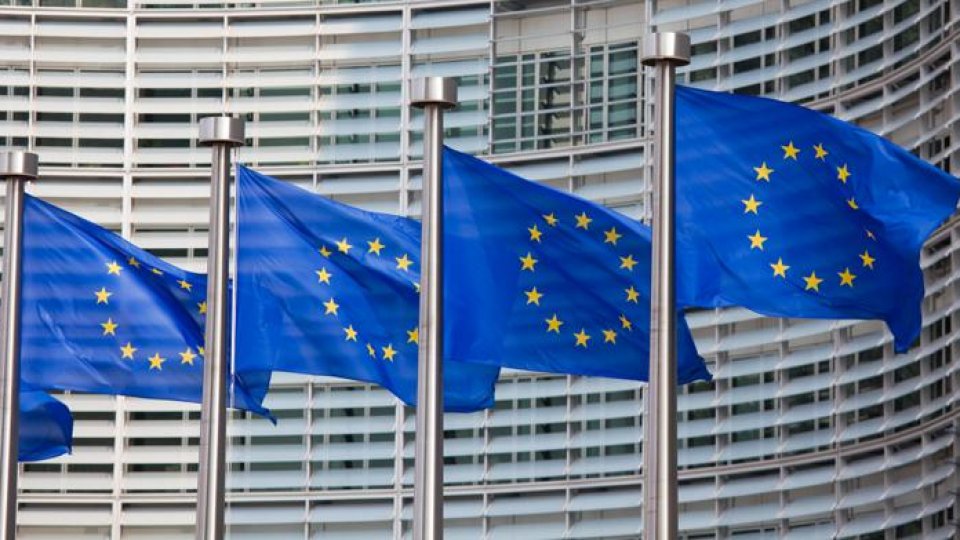Romania will have to manage the European Elections in 2019
Romania will have to manage, during its Presidency of the Council of the European Union, elections for the European Parliament scheduled for May 2019.

02 Ianuarie 2019, 21:18
Romania will have to manage, during its Presidency of the Council of the European Union, elections for the European Parliament scheduled for May 2019.
These elections will take place in a context of a recent rise of populist groups. Polls show, though, that these groups will not be able to get enough mandates to question the future of the European Union, and point to electoral absenteeism as a greater risk.
Trends described in a report of 'Jacques Delors' Institute in France do not confirm a spectacular expansion of populists in the future European Parliament, but say that Eurosceptic groups could win more seats than they have now in The House.
Report estimates that Eurosceptics will have 160 seats in the next term of the European Parliament, compared to 151 today, even if their groups will lose more members after withdrawal of the British MEPs following Brexit. This is also true, in fact, for the EPP (European People’s Party) and PES (Group of the Party of European Socialists), which although will remain the largest in the European Parliament, will no longer be able to form the majority by themselves.
Report of 'Jacques Delors' Institute also estimates that center parties could get more seats, stimulated by the enthusiasm the party of French President Emmanuel Macron now has and could be in a position to arbitrate formation of the future majority.
There are opinions that populism is not the main risk for future European elections, but absenteeism. Bloomberg writes that voting attending has steadily declined since the first European Elections, from about 62% in 1979 to less than 43% in 2014.
Electoral indifference to the European elections has not affected the European Union so far so far, with pro-European parties staying ahead, but Bloomberg believes that the dynamics have changed since the last European Elections, following UK's decision to leave the European Union.
Influence of populist parties in Italy and Poland has greatly increased, while Germany, one of Europe's largest economies, faces a delicate political situation after Chancellor Angela Merkel announced that she would no longer run for a new mandate.
Source:RRA.Translated by Miruna Matei














